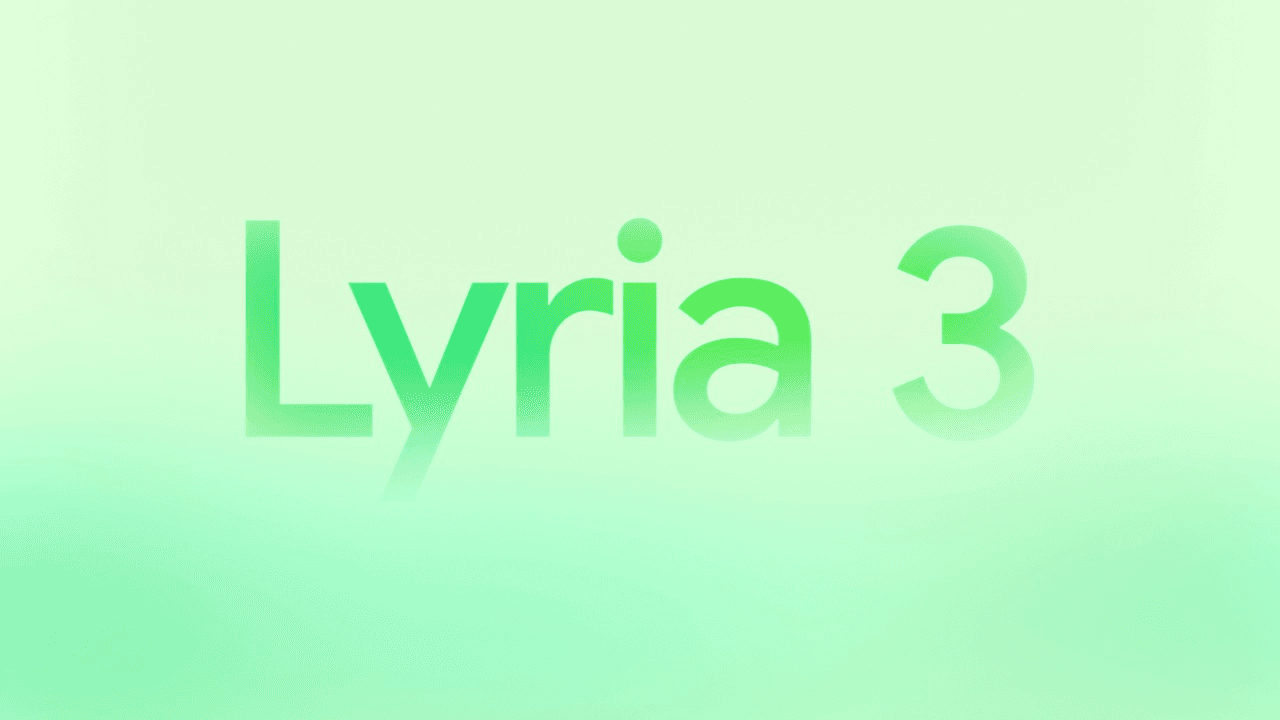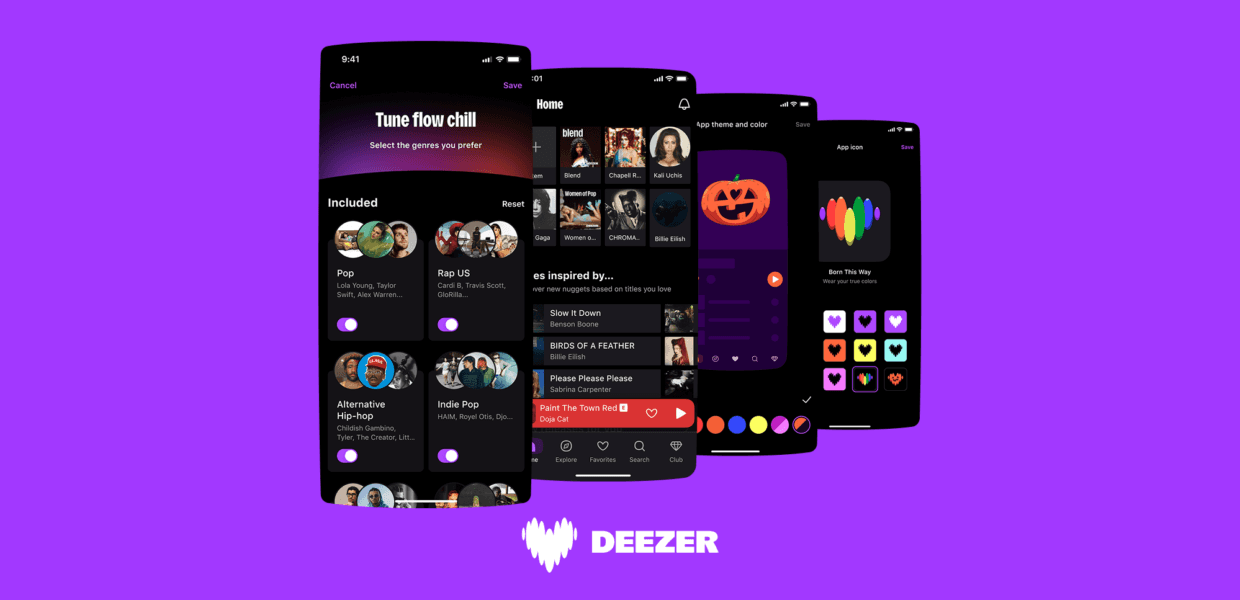Universal Music Group (UMG) Chairman and CEO Sir Lucian Grainge has sent a memo to staff outlining the company’s strategy for AI partnerships and product development. It also highlights UMG's efforts to “take advantage of the developing commercial opportunities presented by Gen AI technology for the benefit of all our artists and songwriters.” The memo is broken into three key areas.
New agreements:
Grainge outlines that UMG has been working with AI developers “to put their ideas to the test.”
UMG was, he claims, the first company to enter into AI-related agreements with major companies such as YouTube, TikTok and Meta, and emerging outlets such as BandLab, Soundlabs and more.
He points out that Universal Music Japan recently announced an agreement with Japanese telecommunications company KDDI “to develop new music experiences for fans and artists using Gen AI.”
UMG is also “actively engaged with nearly a dozen different companies” on new products and service plans.
How UMG’s artists can participate:
Grainge says that AI “unequivocally” has the potential to deliver creative tools that will enable UMG to connect artists with their fans in new ways.
He adds that Agnetic AI, “which dynamically employs complex reasoning and adaptation,” will potentially revolutionize how fans interact with and discover music.
UMG will only consider advancing AI products based on models that are trained responsibly, hence their agreements with AI developers such as ProRata and KLAY and discussions with other like-minded companies, whose products “both protect music and enhance its monetization.”
“To be clear,” he adds, “we will NOT license any model that uses an artist’s voice or generates new songs which incorporate an artist’s existing songs without their consent.”
Responsible public policies covering AI:
Grainge acknowledges the “large and powerful AI companies... pressuring governments around the world to legitimize the training of AI technology on copyrighted material without owner consent or compensation.”
To combat these “misguided proposals” UMG is “acting in the marketplace to see our partners embrace responsible and ethical AI policies.”
He commends their platform partners who are putting in place “measures to address the diversion of royalties, infringement and fraud” arising from the proliferation of AI “slop” on streaming platforms.
UMG recently announced an agreement with SoundPatrol, a company led by Stanford scientists that “employs patented technology to protect artists’ work from unauthorized use in AI music generators.”
What they said:
Grainge signed off his memo by saying: “As we work to assure safeguards for artists, we will help lead the way forward, which is why we are exploring and finding innovative ways to use this revolutionary technology to create new commercial opportunities for artists and songwriters while simultaneously aiding and protecting human creativity. I’m very excited about the products we’re seeing and what the future holds.”
Sir Lucian Grainge
YouTube
TikTok
Meta
BandLab
Soundlabs
Universal Music Japan
KDDI
SoundPatrol
Universal Music Group (UMG)
AI In Music
AI and Music Industry
AI Music Regulation
AI Copyright Battles
AI Music Licensing Models
AI and Copyright
Protecting Artists From AI
Ethical AI Music Sourcing
Differentiating Ethical AI Use
Major Label AI Strategy
Shift From AI Litigation To Licensing
AI Training Controversies
Platform Data Policies For AI Training
AI Copyright Debate
Platform Liability For AI Content
Proactive AI Partnership Strategy
AI Tools
AI Licensing Deals
Ethical AI Training
AI Regulation
Copyright Policy
AI Ethics
Record Labels
Major Labels
Generative AI Policy
United States
Japan
👋 Disclosures & Transparency Block
This story was written with information from Music Business Worldwide.
We covered it because it’s news of UMG’s strategy around AI.











